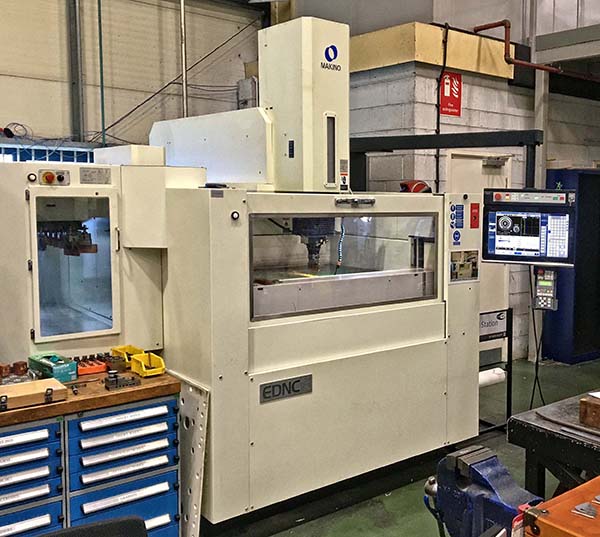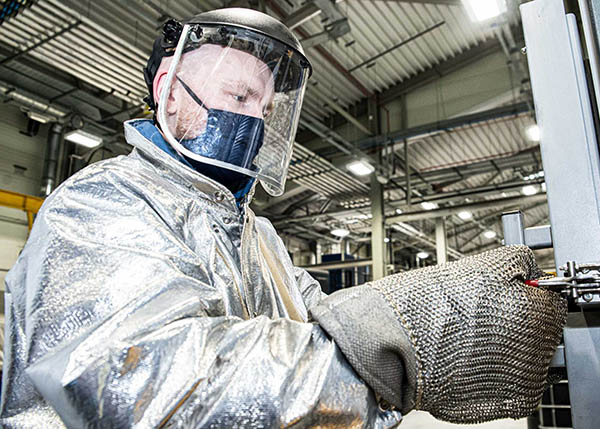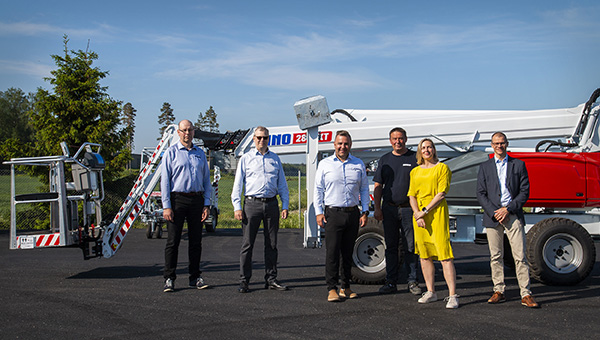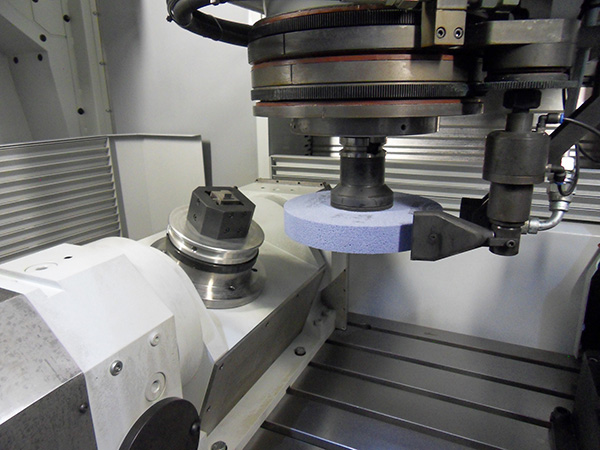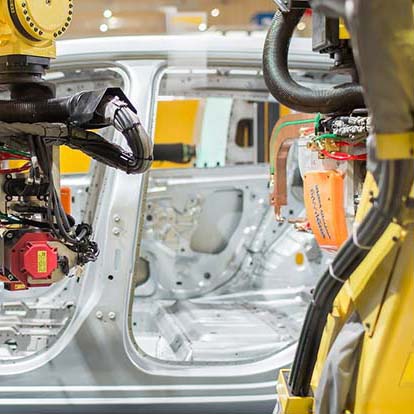
NCMT has supplied a Japanese-built Makino spark erosion machine to the tool-room facility of cable management products solutions provider HellermannTyton, where it is now busy producing plastic injection moulds. The company’s tool-room engineer, Rob Pickup, who has 20 years’ EDM experience, says that the super-low wear rate of the copper electrodes using the Makino has cut their usage by around two-fifths, lowering production costs and speeding mould manufacture through the need for fewer electrode changes.
HellermannTyton’s tool room in Manchester supplies multi-cavitation injection moulds produced mainly from 52 HRc Stavax to meet the demands of the local production operation. The cable ties, fir trees, clips and other cable management solutions produced in the UK factory serve most end-user markets.
Spark erosion is inherently a slow manufacturing process and the tool room is keen to avoid a bottleneck developing as demand for the company’s cable management products continues to rise.
“We wanted to increase sinking capacity, not so much for our higher speed applications, but more for producing very high accuracy moulds,” says Pickup. “The radius on the peak of the tooth form is less than 50 µm, so we needed a die-sink EDM on which electrode wear rate is super-low. We found that performance in the Makino EDNC6, which probably has the best generator on the market.
“An average job here uses up to 15 electrodes on one of our other die-sinking machines, but on the Makino we can rely on that number being reduced to nine,” he continues. “It represents a big saving in their manufacture, as well as in the copper used and the number of tool changes. Moreover the result is more repeatable, so there is never any rework.”
For further information
www.ncmt.co.uk







